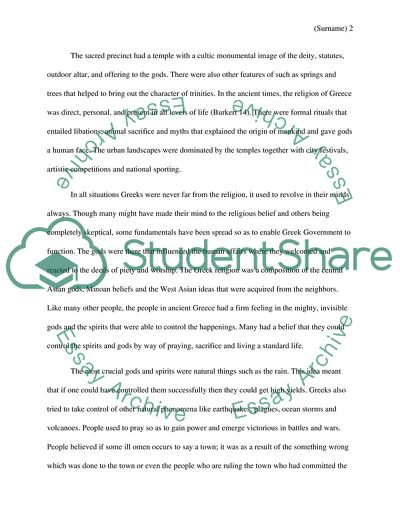Cite this document
(The Mythology of Ancient Greek Religion Report Example | Topics and Well Written Essays - 1500 words, n.d.)
The Mythology of Ancient Greek Religion Report Example | Topics and Well Written Essays - 1500 words. https://studentshare.org/religion-and-theology/1875781-the-mythology-of-ancient-greek-religion
The Mythology of Ancient Greek Religion Report Example | Topics and Well Written Essays - 1500 words. https://studentshare.org/religion-and-theology/1875781-the-mythology-of-ancient-greek-religion
(The Mythology of Ancient Greek Religion Report Example | Topics and Well Written Essays - 1500 Words)
The Mythology of Ancient Greek Religion Report Example | Topics and Well Written Essays - 1500 Words. https://studentshare.org/religion-and-theology/1875781-the-mythology-of-ancient-greek-religion.
The Mythology of Ancient Greek Religion Report Example | Topics and Well Written Essays - 1500 Words. https://studentshare.org/religion-and-theology/1875781-the-mythology-of-ancient-greek-religion.
“The Mythology of Ancient Greek Religion Report Example | Topics and Well Written Essays - 1500 Words”. https://studentshare.org/religion-and-theology/1875781-the-mythology-of-ancient-greek-religion.


